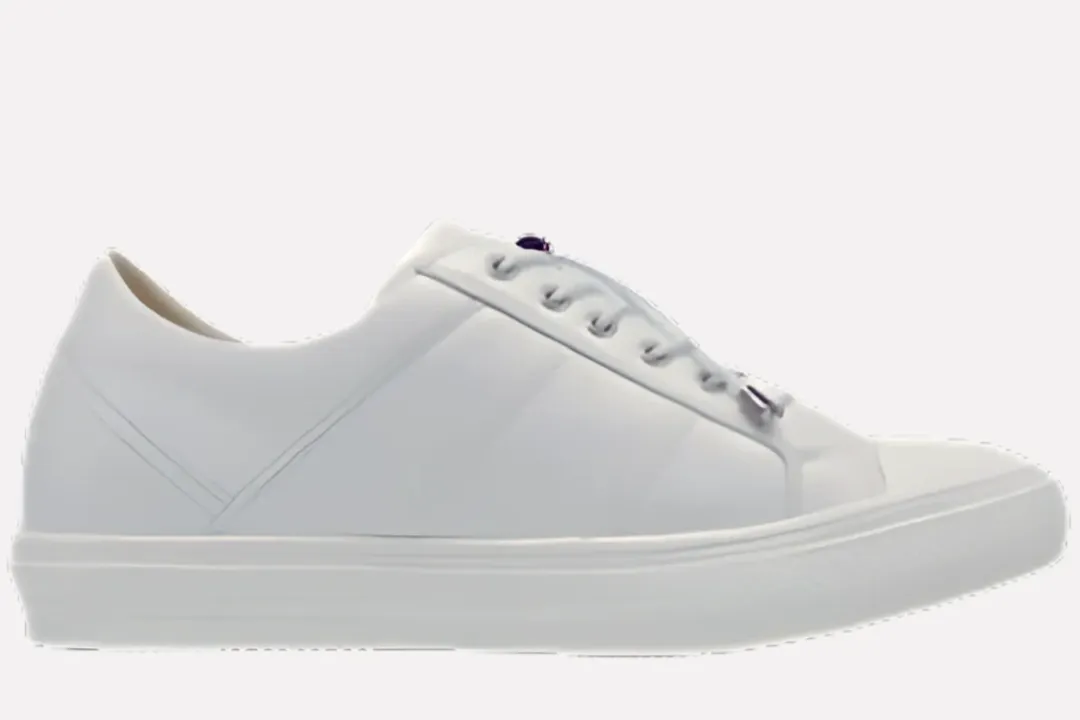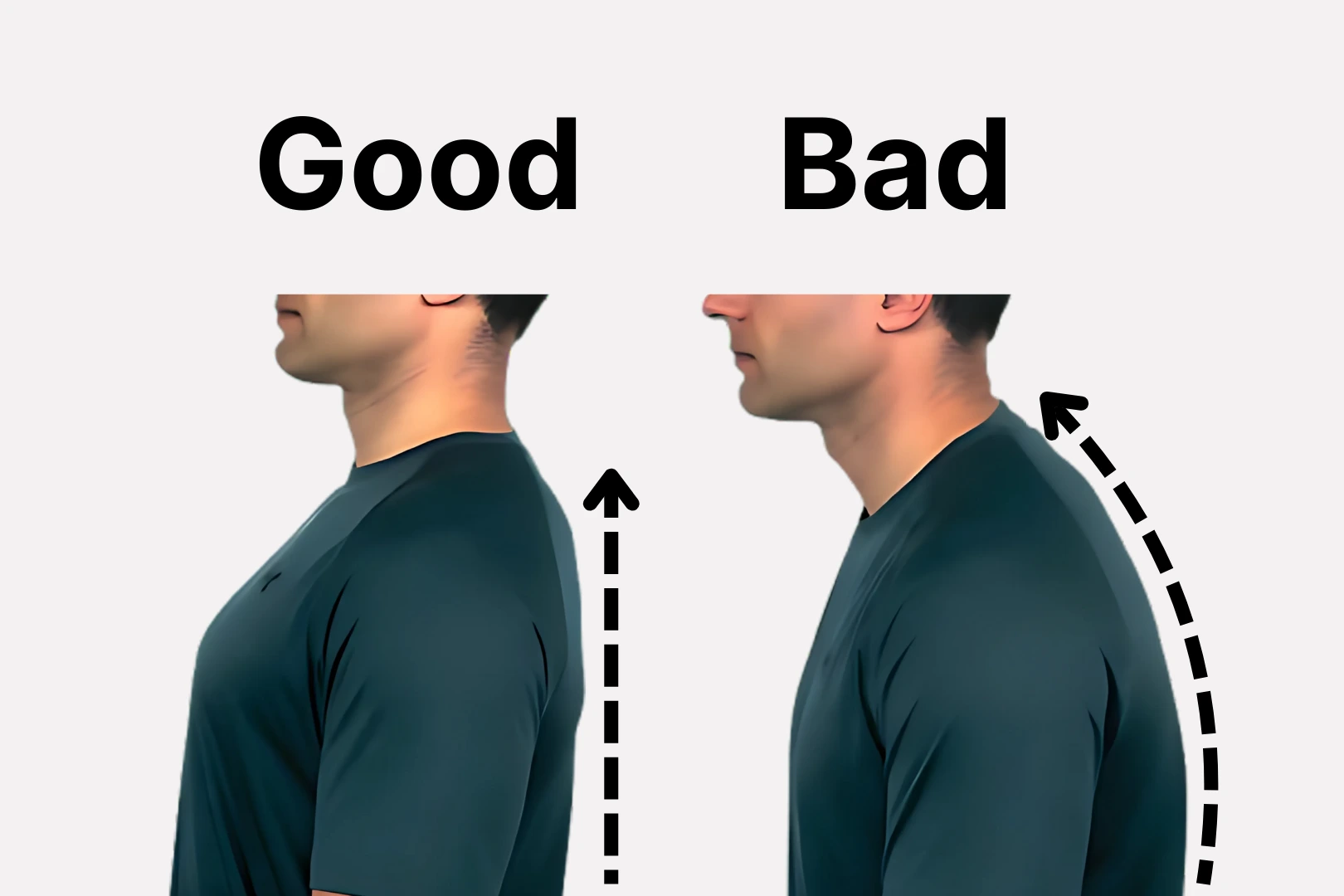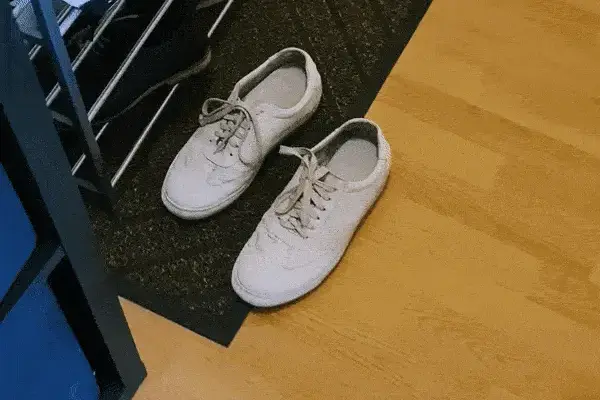
Athletes are constantly searching for ways to enhance their performance, and elevator shoes have emerged as an intriguing piece of equipment in certain sports. While you might think these height-increasing shoes are just for fashion, they’ve got some surprising connections to athletics. I’ll share ten fascinating facts about elevator shoes that’ll change how you view elevator shoes in sports.
1. Basketball’s Secret Height Advantage
basketball players have secretly used elevator shoes during practice sessions to improve their jumping mechanics. The added height forces players to adjust their center of gravity, ultimately leading to better balance when they switch back to regular shoes. This unconventional training method helps athletes develop stronger leg muscles and more explosive vertical leaps.
2. Facts About Elevator Shoes: Golf’s Posture Revolution
you’ll find that golfers are turning to specialized elevator shoes to improve their swing dynamics. The subtle height increase can enhance a player’s posture, leading to better weight distribution throughout their golf swing. I’ve learned that some professional golfers have reported improved driving distance when using these shoes during practice rounds.

3. Baseball’s Hidden Lift History
there’s an interesting historical connection between elevator shoes and baseball. In the 1970s, several players experimented with modified cleats that included hidden lifts. While these modifications weren’t officially sanctioned, I can tell you they demonstrated athletes’ early interest in using height-enhancing footwear for competitive advantages.
4. Martial Arts Balance Enhancement
you won’t believe how elevator shoes have influenced martial arts training. Many practitioners use them during specific exercises to develop better balance and footwork. The additional height challenges fighters to maintain stability, ultimately improving their overall performance when wearing standard footwear.
5. Facts About Elevator Shoes: Volleyball’s Blocking Revolution
volleyball players have discovered that practicing with elevator shoes can enhance their blocking abilities. The extra height forces them to rely more on technique and timing rather than just physical reach, making them more effective blockers when they return to regular shoes.
6. Tennis Agility Breakthrough
tennis players who’ve incorporated elevator shoes into their training regimens report improved court coverage. I’m fascinated by how the added height requires more precise footwork, leading to better agility and movement patterns during actual matches. They’re particularly useful for developing stronger lateral movements.
7. Advanced Cushioning Technology
you’ll find that modern elevator shoes feature advanced cushioning systems that rival professional sports footwear. I must say, manufacturers have invested heavily in developing shock-absorbing materials that protect athletes’ joints while providing the desired height increase. This technology makes them surprisingly suitable for various athletic activities.

8. Injury Recovery Innovation
there’s growing evidence that elevator shoes can help with rehabilitation after certain sports injuries. Physical therapists have found that the graduated height adjustment can assist athletes in rebuilding strength and confidence during their recovery process. The shoes allow for progressive loading of injured muscles and joints.
9. Facts About Elevator Shoes: Track & Field Training Evolution
track and field athletes have begun using elevator shoes during specific training phases to alter their stride patterns. I’ve observed that the height modification forces runners to adapt their technique, often leading to improved efficiency when they return to competition shoes. This training method has gained popularity among sprinters looking to optimize their start positions.
10. Modern Training Tool Revolution
you should know that elevator shoes aren’t just about adding height anymore – they’ve evolved into sophisticated training tools. Modern designs incorporate features like adjustable lift settings, allowing athletes to gradually modify their training stimulus. This adaptability makes them valuable for sports-specific conditioning programs.
Conclusion
Despite having good facts about elevator shoes, they won’t replace traditional athletic footwear in competition, they’ve carved out a unique niche in sports training and rehabilitation. They’re proving to be more than just fashion accessories, offering legitimate benefits for athletes across various disciplines. As sports science continues to evolve, we’ll likely see even more innovative uses for these versatile shoes in athletic training programs.
The next time you see elevator shoes, remember they’re not just about looking taller – they’re potentially valuable tools for athletic development. Whether you’re a weekend warrior or a serious athlete, understanding these facts about elevator shoes in sports might just give you a new perspective on their role in athletic training and performance enhancement.
